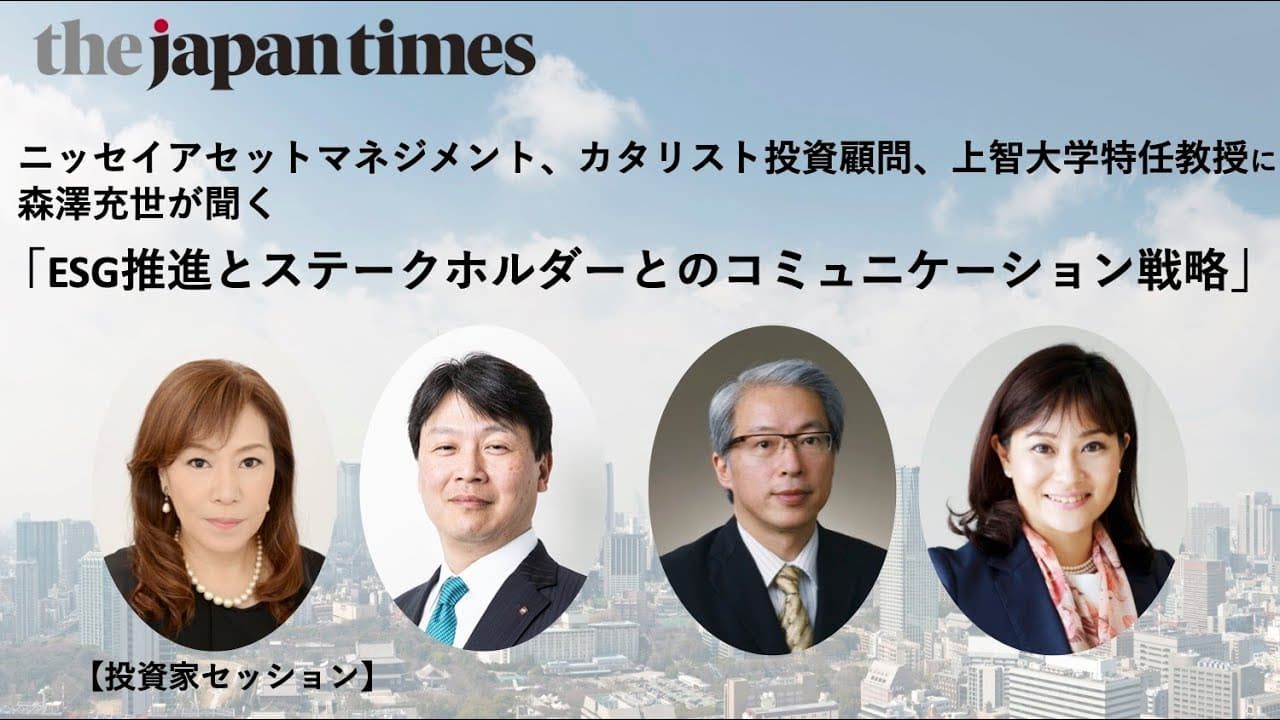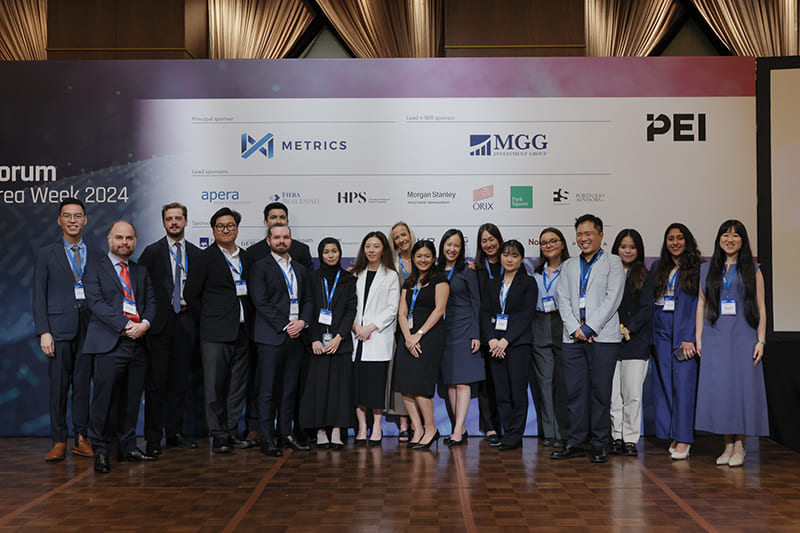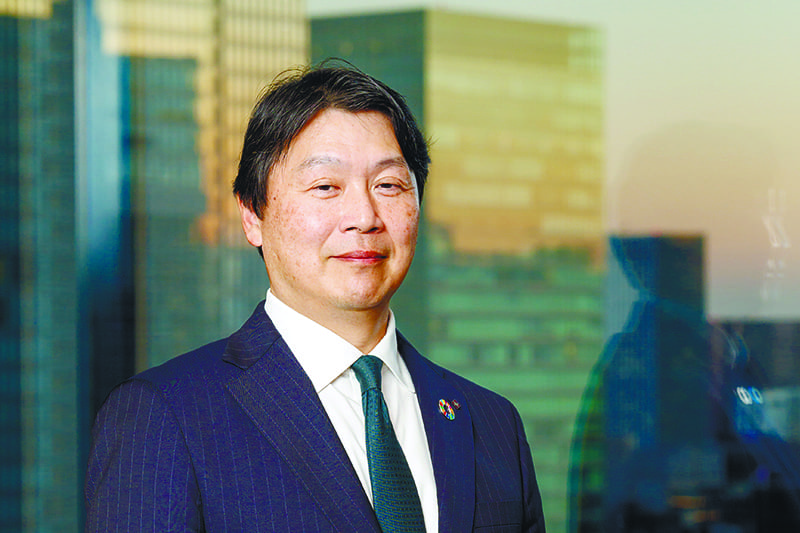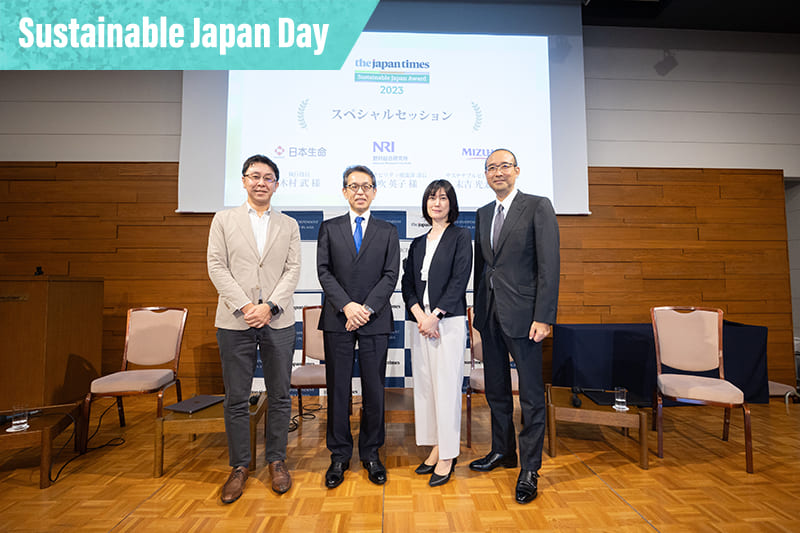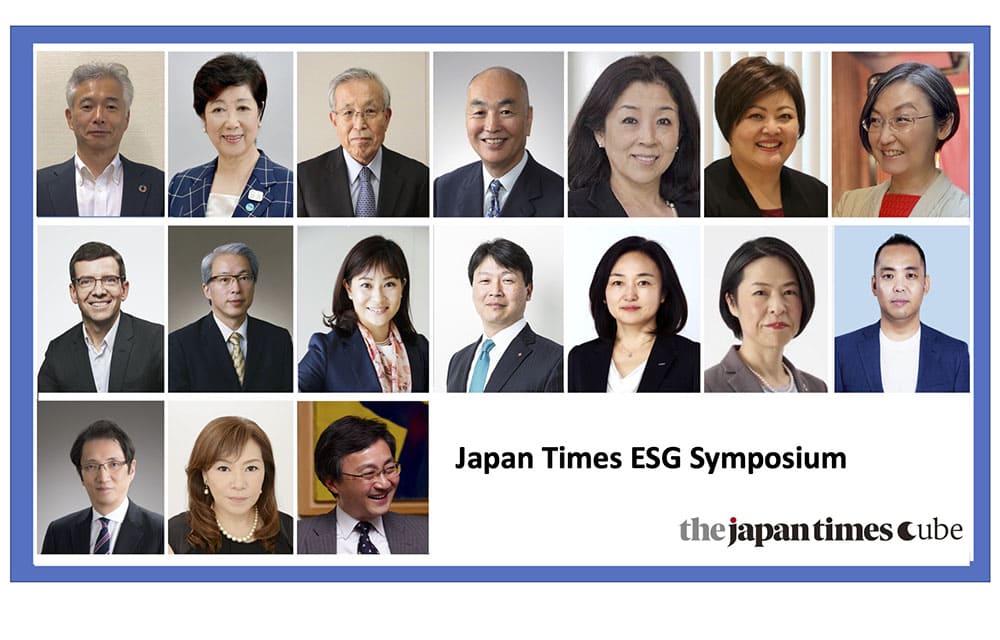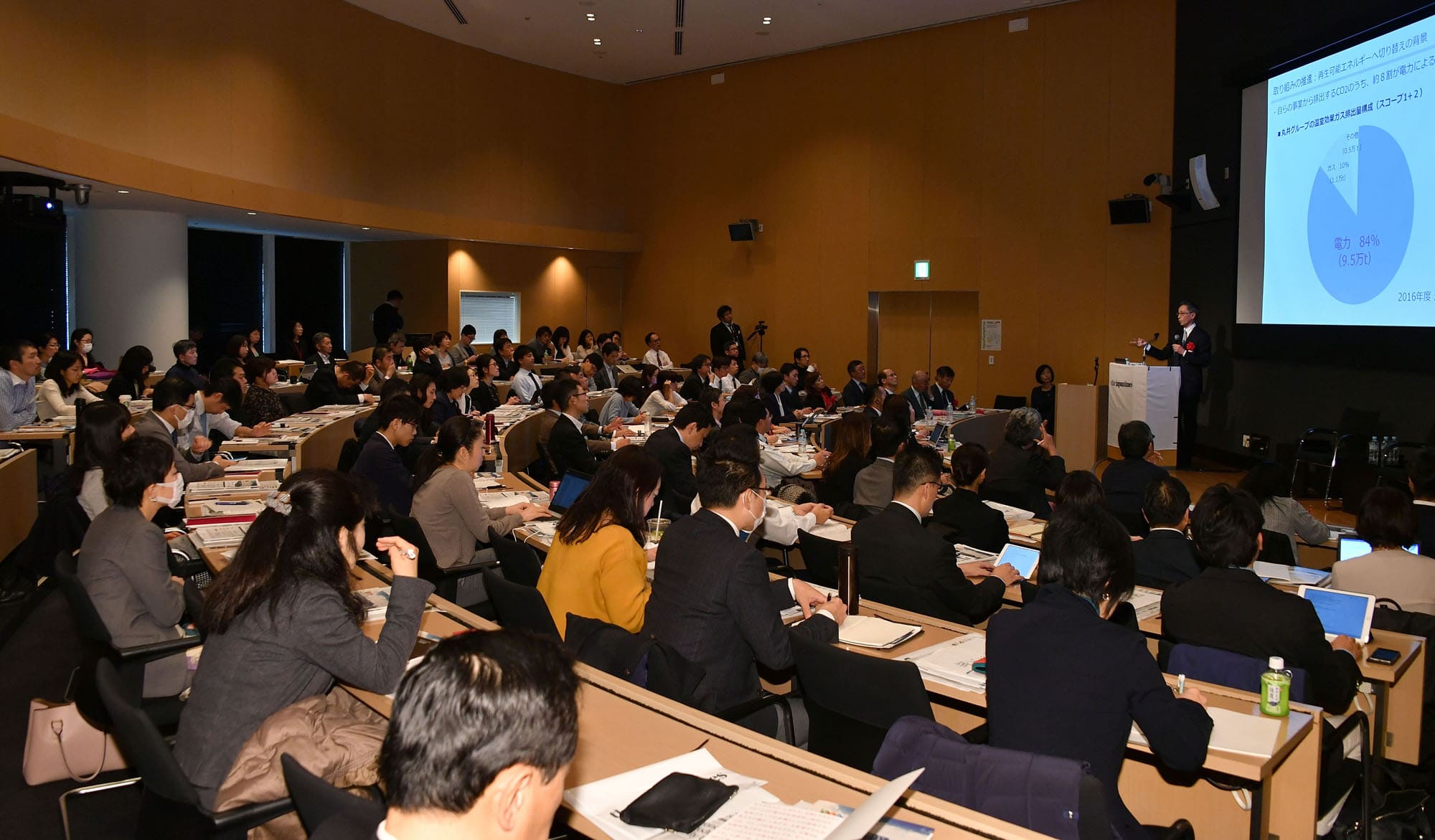May 29, 2021
Experts tell how investment sector is changing
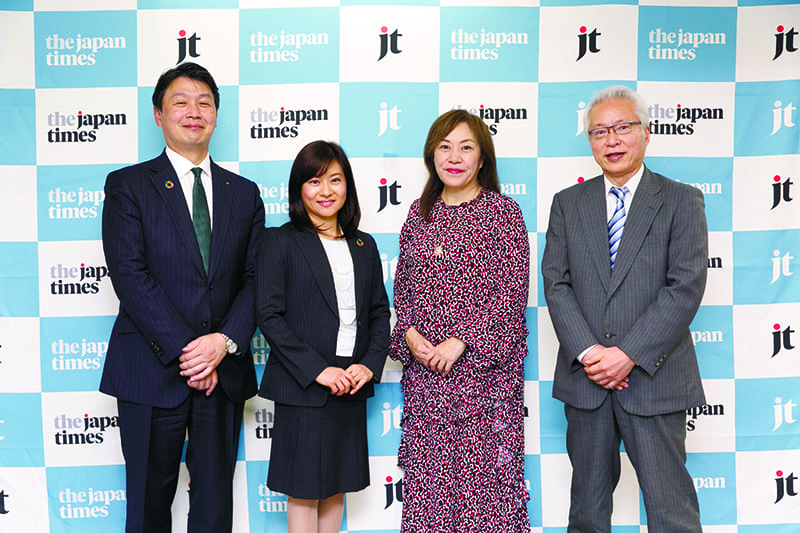
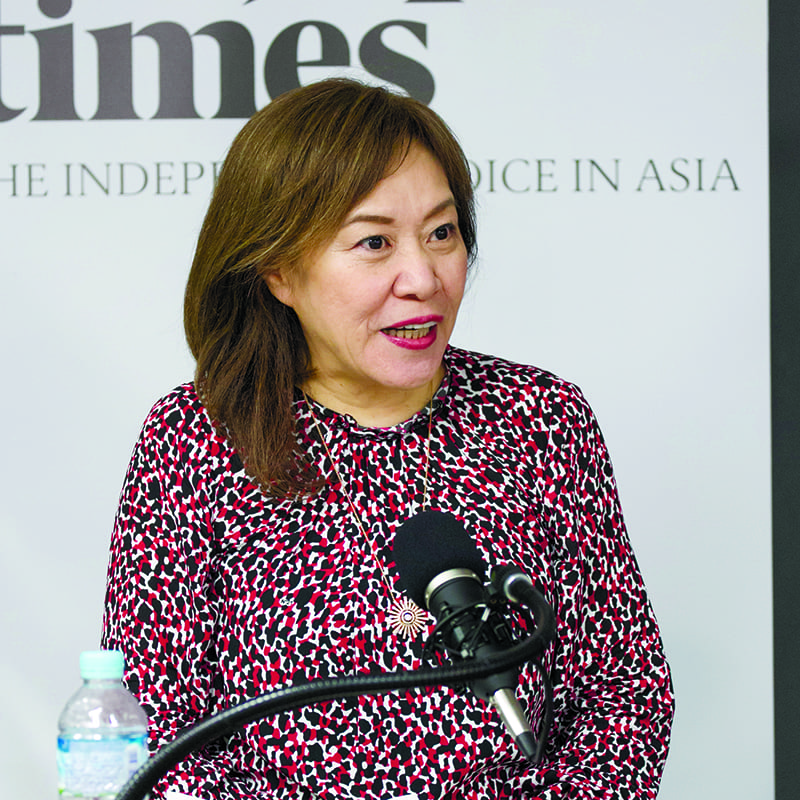
PRI SECRETARIAT JAPAN HEAD AND CDP JAPAN DIRECTOR
Environmental, social and governance issues no longer are something that companies deal with separately from business. Companies now make ESG efforts not just because doing so is socially or ethically correct, or because they are expected to comply with certain standards or frameworks. Business owners are starting to embed ESG factors in their operations and management because it makes business sense to do so, due to changes in the business environment, market needs, consumer consciousness and investment trends.
The session was moderated by Michiyo Morisawa, head of Japan at Principles for Responsible Investment (PRI) and director of CDP (Carbon Disclosure Product). The panel consisted of Hiroshi Ozeki, president and CEO of Nissay Asset Management; Emi Onozuka, executive vice president and COO of Japan Catalyst; and Masafumi Hikima, professor and executive director of finance at Sophia University.
ESG in every investment
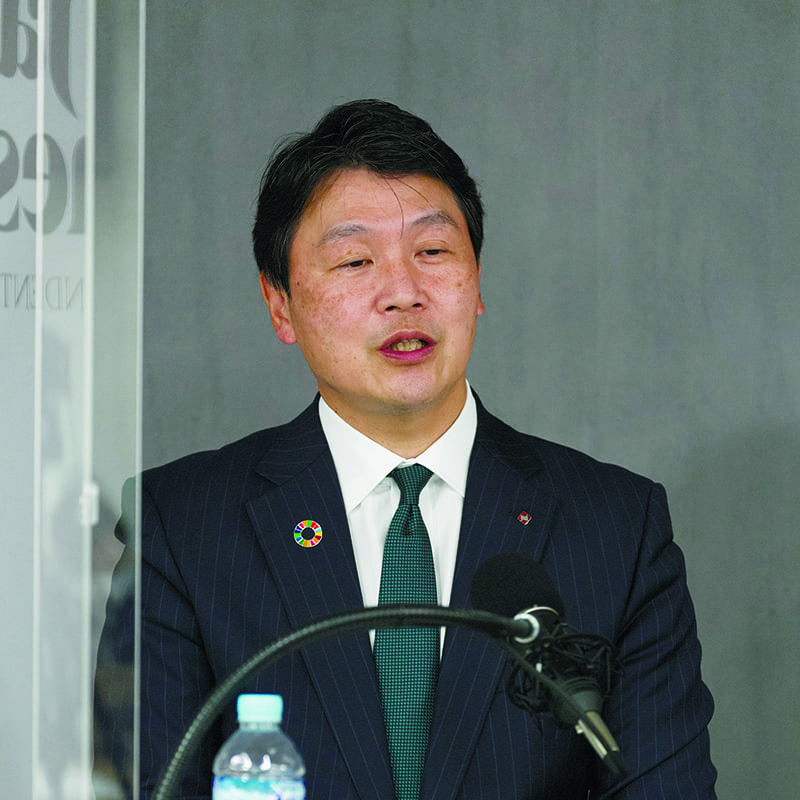
NISSAY ASSET MANAGEMENT, PRESIDENT AND CEO
Nissay Asset Management considers ESG factors in every investment activity it makes. Ozeki says Nissay Asset Management was a pioneer in ESG investment in Japan, becoming a signatory of the PRI — an internationally recognized network of investors supported by the United Nations — in 2006. “We also have 12-year track record of our own ESG fund that was launched in 2008,” Ozeki said.
Japan Catalyst specializes in engagement investment, helping its clients, who are mostly individual investors, more deeply engage with companies they invest in so as to accelerate transformation to keep pace with a constantly changing business environment and society. Onozuka said, “We hope for a society built on an ideal balance between companies’ earning power and sustainability by incorporating ESG factors and alignment to SDG in investment.” SDG factors involve the U.N.’s 17 sustainable development goals.
Sophia University is also a signatory of the PRI and engages in ESG investment and stewardship activities. As an educational institution, Hikima stressed that Sophia’s investment has to be mission-driven. “We manage our assets based on our commitment to solve global issues,” he said.
3D considerations
Hikima went on to explain that consideration of risk and return in investment is only two-dimensional. “Both social return and investment return need to be achieved at the same time. To do that, ‘impact’ is the important factor, along with risk and return,” he said.
Onozuka also noted that it is critical to have the perspectives of both financial return and environmental impact in engaging with investee companies. Japan Catalyst recently issued a press release to announce that it will vote against proposals for the election of sustainability directors or top management if the companies are not making sufficient efforts in addressing climate change, among other efforts. “Climate change response is a corporate governance issue,” Onozuka said. Out of the various ESG factors, “Climate change may seem like an issue dealt within environment and social categories, but it eventually leads to the question of how successful the company is in responding to the business environment, consumer trends or political changes.”
Doing well by doing good
Ozeki said Nissay Asset Management has its own rating system for its ESG fund: “We don’t just evaluate if a company is making ESG efforts or not, but also if such efforts are integrated into the company’s business model and contribute to boosting the corporate value.” He added that companies that rate especially high on governance have been doing well in terms of stock prices too. “High ratings in the social factor started to result in good performance since around the adoption of the Paris Agreement in 2015, and the environmental factor followed suit, even though in the past, the worse the rating was in the environmental factor, the better the performance was. The reversal was drastic,” Ozeki said.
However, in judging how well a company is doing in terms of climate change, there are persistent issues involving the accuracy and completeness of data and the creation of a common standard. Hikima emphasized the need for the standardization and increased availability of data in order for the asset management industry as a whole to promote climate-aware investing.
Toward a unified standard
Ozeki agreed and said, “Many different parties have called for disclosure from various positions and perspectives,” adding that this has resulted in the formation of multiple standards “referred nowadays as an alphabet soup.” To change this situation, he noted, a unified standard is being formulated under the Task Force on Climate-related Financial Disclosures (TCFD), which he sees as a welcome step. He added, “Nonfinancial information should also be disclosed in a way that illustrates how the business is impacted by the 1.5-degree-Celsius scenario” in a report by the Intergovernmental Panel on Climate Change deeming it necessary to hold global warming to no more than 1.5 degrees above preindustrial levels. He said that how a company recognizes the impact and adopts a strategy is an important key in the ESG rating.
Hikima pointed out that higher levels of disclosure of information related to climate change will be required of enterprises, especially those that will be listed in the Prime market, a new section to be introduced by the Tokyo Stock Exchange next year. “Such companies need to be in line with global standards because they will attract attention from international investors,” Hikima said.
He also said a recent proposal on revising Japan’s corporate governance code includes items regarding human rights in addition to climate change. “Even though human rights have always been an important topic, it wasn’t something that affected the corporate value for most companies,” said Hikima. “But look at the example of Uyghur issue. Human rights have an increasing effect on corporate management. People started to consider the issue as a substantial risk.”
Awareness among the young
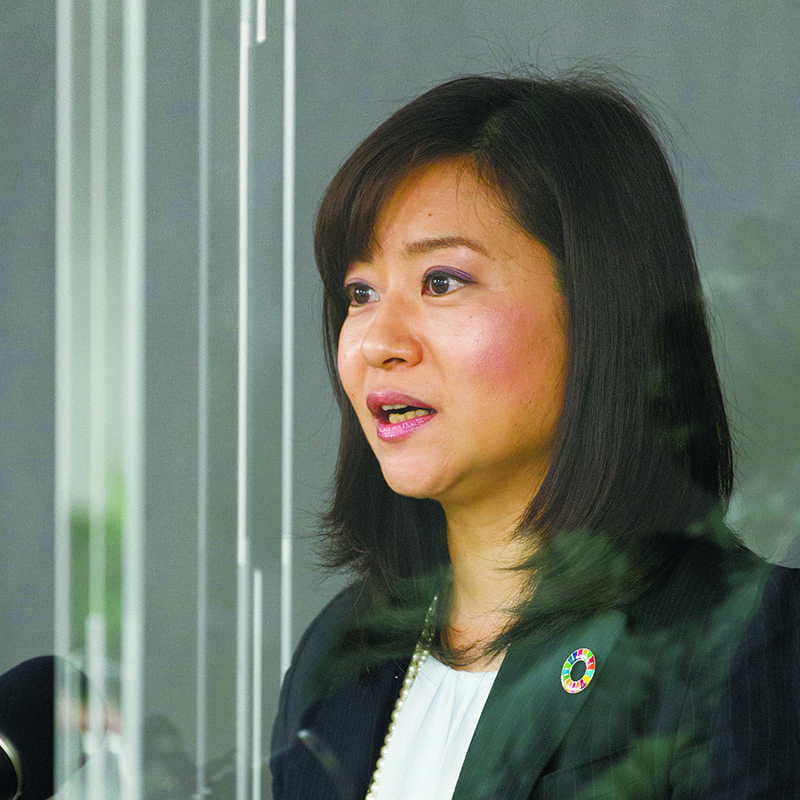
JAPAN CATALYST, INC., EXECUTIVE VICE PRESIDENT, COO
Onozuka noted that the younger generations — the ultimate beneficiaries of good policies — are also increasingly interested in ESG and impact investment, explaining that people are starting to make choices to pursue financial return and social impact at the same time. “We see a growing interest especially among women in their 30s and 40s. They find both financial and nonfinancial factors appealing,” said Onozuka, expressing hope that sustainable investment continues to reach the masses this way.
“Many students nowadays have strong awareness of and interest in social contributions and SDGs in general, including climate change, but they have little idea that investment and asset management have something to do with that,” said Hikima. “It is an epitome of Japan’s society, where people only have a narrow view of investment. Many people still consider investment as a mere pursuit of profit or gambling,” he said, adding that students now are speaking up about universities’ asset management policies.
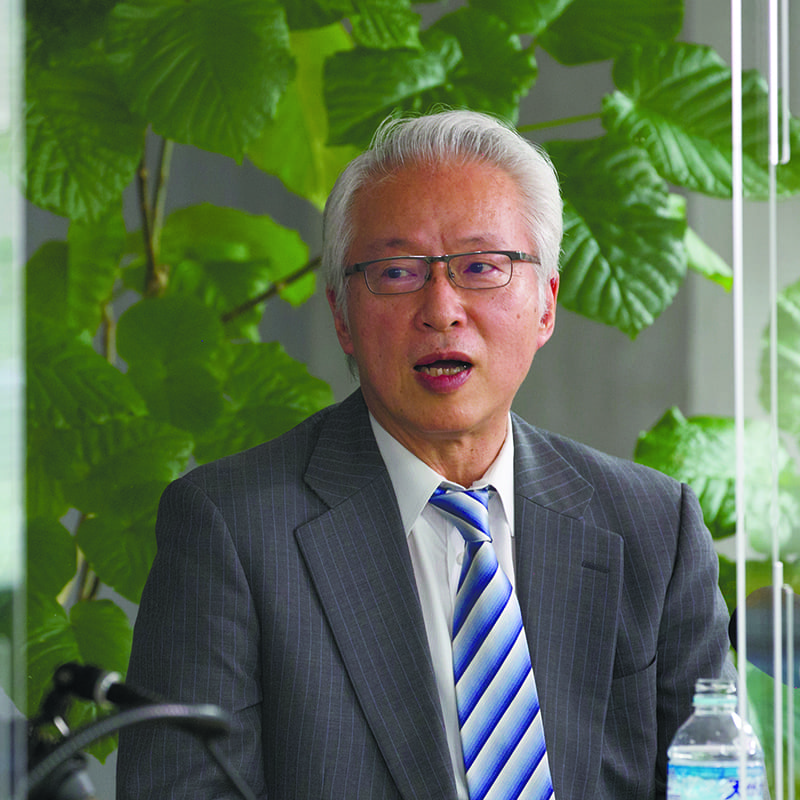
Sophia University, Professor & Executive Director of Finance
“To reflect the opinions of individuals on asset owners’ policies, we need to help young people realize that they are indirectly involved in investment and that they have an influence on society,” he said, stressing the importance of ESG investment education.
Onozuka noted that public awareness and external pressure are instrumental in transforming companies. “The future that we create will be different from the future that is waiting for us. I hope each one of us will make the first step to make a positive impact,” she said.
Ozeki agreed and added that good investment is essential in creating a good future. As moderator Morisawa commented, things that are nonfinancial factors today will lead the future financial health of the company. The transformation of investment and companies will continue to go hand in hand to make both business and society sustainable.

